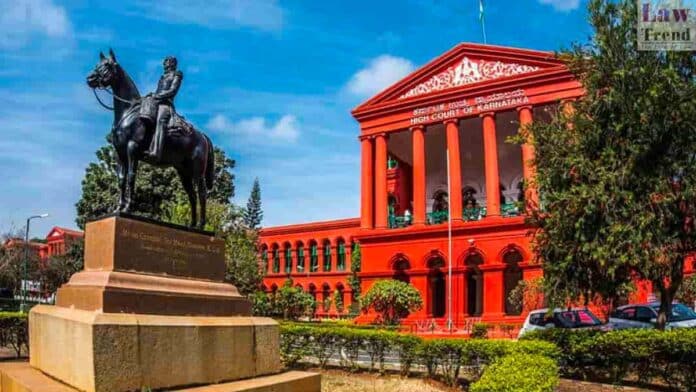The High Court of Karnataka, in a significant judgment, has dismissed four appeals filed by the Directorate of Enforcement (ED), upholding an order by the PMLA Appellate Tribunal that quashed the attachment of seven properties mortgaged to Syndicate Bank. The Division Bench, comprising Justice DK Singh and Justice Venkatesh Naik T, ruled that properties mortgaged
To Read More Please Subscribe to VIP Membership for Unlimited Access to All the Articles, Download Available Copies of Judgments/Order, Acess to Central/State Bare Acts, Advertisement Free Content, Access to More than 4000 Legal Drafts( Readymade Editable Formats of Suits, Petitions, Writs, Legal Notices, Divorce Petitions, 138 Notices, Bail Applications etc.) in Hindi and English.




